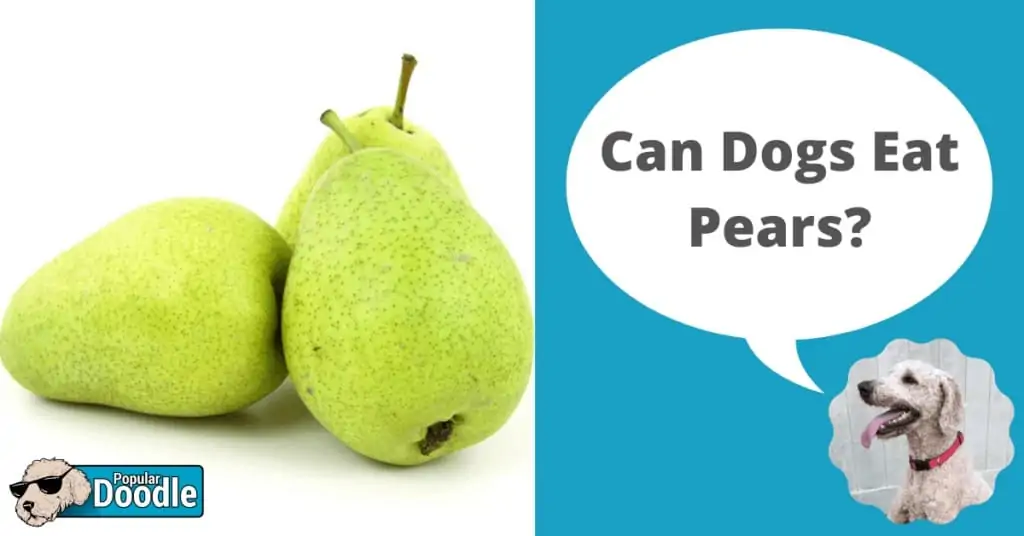
In 8th century Japan, sushi was so highly prized that you could even use it to pay your taxes! Sushi more recently become popular in the United States around the 1980s. Some would say once you try it, you’re hooked! Maybe your pup would be too.
You might be wondering—is sushi bad for dogs? Can dogs eat sushi? Keep reading to find the answers to these questions and more!
Can Dogs Eat Sushi Safely? (The Short Answer)
Well, this one is a little bit tricky. The answer is…it depends. Sushi can contain a variety of different ingredients which is why the answer is so unclear. If sushi is your favorite and you want to share this delicacy with your four legged companion, you’re going to have to look very closely at each ingredient to determine if it’s safe. Some ingredients, like rice, is fine for dogs, while others, such as avocado, can have detrimental effects on your dogs health. Read on as we dive in deeper!
It’s important to remember, that even with the best of intentions, accidents happen and dogs can easily eat things they shouldn’t. Unfortunately, even if those accidents aren’t fatal, they can result in huge, unexpected veterinary expenses. That’s why we recommend all responsible dog owners get a free, online pet insurance quote from Healthy Paws.
Is Sushi Good For Dogs?
We’ve already answered the question, “can dogs eat sushi?” Now, let’s learn about the benefits of feeding your dog this food! Is sushi good for dogs?
In very specific situations, sushi can be shared with your dog! There are some health benefits to sushi. Most sushi contains fish, rice, and vegetables—all of which tend to be healthy options for your dog.
Let’s take a quick peek into some of the healthy ingredients in sushi. Seaweed is great for dogs—it’s good for digestive health, contains fiber and probiotics, and has anti-inflammatory, anti-tumor, and anti-rheumatic effects! Rice is also great for a dog’s digestive health! Rice is easy to digest, which is why it’s often given when a dog has an upset stomach. Sushi often contains different vegetables such as cucumbers, carrots, or bell peppers—all of which are low-calorie, nutrient-dense foods that your pup will love!
Related: Can Dogs Eat Shrimp? | Is Shrimp Bad for Dogs?
In the United States, there are regulations that enforce that all “fresh” sushi must actually be frozen to a certain temperature for a specific amount of time to kill off parasites. This eliminates a lot of the risk of your dog ingesting a parasite. That being said, when consuming raw fish, that risk is always present.
Is Sushi Bad for Dogs?
We’ve already answered the question, “can dogs eat sushi?” Now, let’s learn about the dangers of feeding your dog this food! Is sushi bad for dogs?
You may have used “bad sushi” as an excuse to get out of work, but quite frankly, bad sushi can be quite dangerous! If there is any bit of concern that your sushi may be out of date you should not allow your dog to have it. If you wouldn’t eat it, neither should your pup!
Related: Can Dogs Eat Lobster? | Is Lobster Good for Dogs?
The raw fish in sushi is always reason for concern. While freezing the fish decreases the risk of any parasites, it doesn’t eliminate the risk completely. Therefore if you do choose to give your dog raw fish it shouldn’t be given too frequently, or in large amounts in order to minimize the risk.
Avocado is also a common ingredient that is dangerous for your dog. Avocado is a growing in popularity in the human population, but that doesn’t mean that your dog should have some. In high quantities, avocado can be toxic to dogs. The small amount in sushi is unlikely to cause any serious problems, but when it comes to your dog, it’s always best to play it safe and avoid it. If your dog did have a little bit, they should be okay, but if they consumed a large amount, it’s best to seek professional medical advice.
Related: Can Dogs Eat Crab? | Is Crab Bad for Dogs?
One of the big concerns with sushi is the spices. In general, spices are not good for dogs. Wasabi and soy sauce are pretty popular for sushi, but they should be off limit for dogs. Spices other than those are also common but should be avoided. The most common issue is digestive upset caused by the spiciness. These symptoms should be self limiting and shouldn’t cause any long term effects.
Other Varieties & Related Foods:
Can Dogs Eat Sushi Grade Salmon?
Maybe. Salmon tends to be have a higher risk of parasites. Although this risk is considered fairly low, there is still a risk. Dogs can develop salmon poisoning disease if the raw salmon that they ate was infected with the parasite, Nanophyetus salmincola.
This disease can be deadly if it’s not treated. If your dog has consumed raw sushi grade salmon and is experiencing vomiting, lack of appetite, diarrhea, fever, weakness, swollen lymph nodes, or dehydration you should reach out to your veterinarian for treatment promptly.
Overall, sushi grade salmon can be okay for dogs to eat, as the risk is low, but if you choose to feed this to your dog, you should be watchful for any warning signs.
Related: Can Dogs Eat Tuna Fish? | Is Tuna Good for Dogs?
Can Dogs Eat Sushi Seaweed?
Yes, dogs can eat sushi seaweed! Nori, which is sushi sheets, is a safe variety of seaweed for dogs. Seaweed is considered a superfood and can be a great new treat for you pup! Dogs can also eat wet food grade kelp seaweed. Not all seaweed is created equal though. Dogs should not have dried or dehydrated seaweed. Dried seaweed can expand in the intestinal tract and cause an obstruction.
In Conclusion: Can Dogs Have Sushi?
Maybe. Dogs can have some varieties of sushi as long as precautions are taken! If your pup snatches a roll of sushi, they’ll most likely be okay, but there are certain ingredients to be more cautious about. Avocados, spices, and out of date sushi can cause a large variety of issues and should be avoided. However, as a low-calorie, nutrient-rich food, in moderation, sushi can be a fun new addition to your dog’s diet.
Want to Learn More?
Check out these related articles from our “Read Before You Feed” series for more advice on safe foods for dogs!
- Can Dogs Eat Artichokes?
- Can Dogs Have Caramel?
- Is Guava Good for Dogs?
- Can Dogs Eat Pancakes?
- Are Plantains Good for Dogs?
- Can Dogs Eat Spam?
Disclaimer: We are not veterinarians and this article should not be taken as medical or veterinary advice. If you have any questions about your pet’s health or dietary needs, please contact your local veterinarian.








